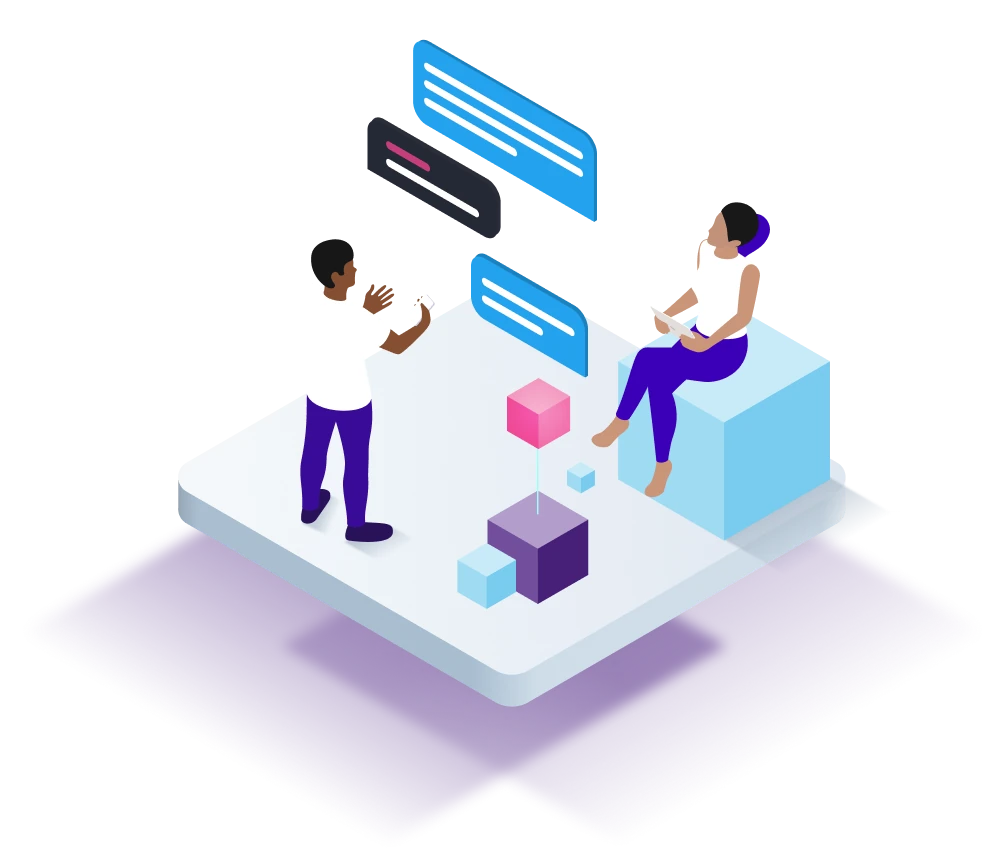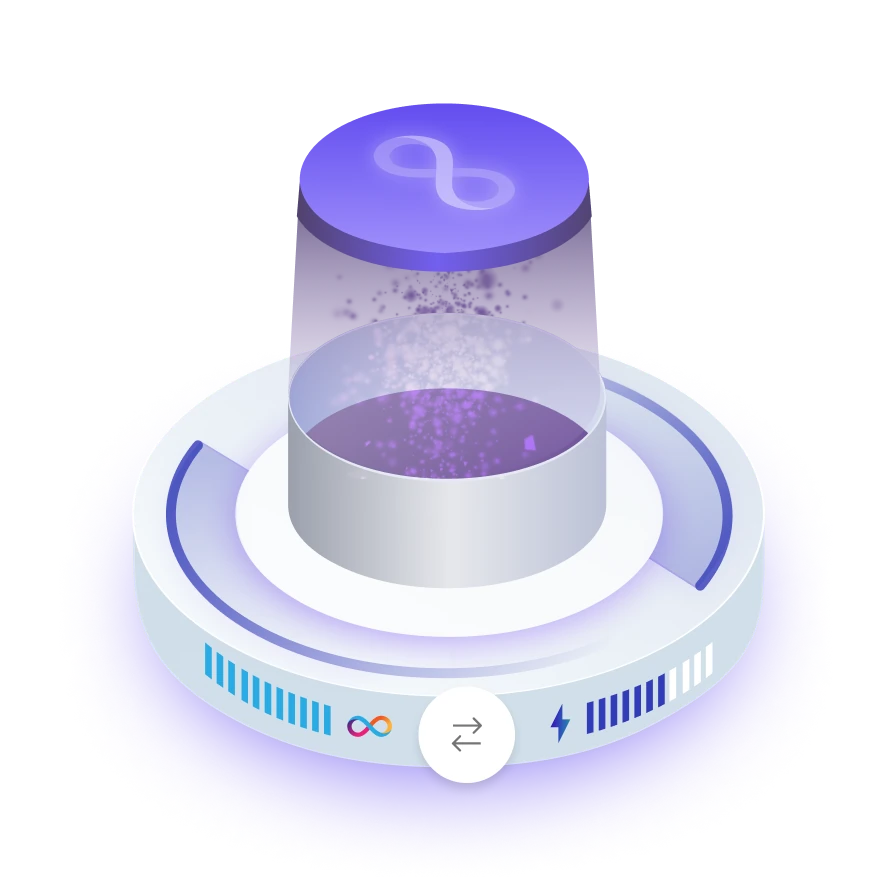Reverse Gas Model
A browser is all you need to interact with smart contracts on the Internet Computer. Developers pay for gas. End users access and use dapps without tokens.

Scaling Web3 to billions of users requires a great UX.
Traditionally, when end users interact with a blockchain, they must have a wallet set up with tokens to pay gas fees for every onchain interaction, even interactions as simple as liking a post. Most blockchains get around this by hosting their data and frontends on centralized cloud. Without compromising decentralization, the Internet Computer removes this expensive barrier to entry by allowing end users to seamlessly interact with dapps on the blockchain gas-free. This “Gas Reverse Model” also gives developers the flexibility to implement their own tokenomics models aimed at mass adoption.

Computation paid for by ICP smart contracts
Each canister smart contract has its own cycles wallet that developers can top up with cycles — the gas on the Internet Computer. These cycles are then burnt to pay for computation and memory usage of the canister.
How to get cycles
The Internet Computer protocol allows developers to burn ICP and receive cycles. Cycles are priced in SDR, an international reserve asset that is pegged to a bucket of fiat currencies. The protocol guarantees a set conversion rate of 1T cycles for 1 SDR’s worth of ICP. As costs are predictable and stable over time, regardless of ICP price fluctuations, developers can easily work computation and storage costs into their budgets.
Several DEXs on the Internet Computer have liquidity pools that offer cycles. Swapping ICP for cycles is currently cheaper than 1 SDR.
Developers just starting out can get 10T free cycles from the cycles faucet. Free cycles can only be used for computation and storage, and cannot be converted back to ICP. Swap ICP for cycles on the NNS, and in the ecosystem on Sonic or ICPSwap.



Burning ICP always converts at the rate of 1T cycles = 1 SDR.
Gas-free Web3
The Internet Computer is home to a growing ecosystem of dapps, all of which have smooth onboarding and don’t require a wallet or tokens to access. Use your tokens instead for trading, collecting NFTs or tipping friends.
